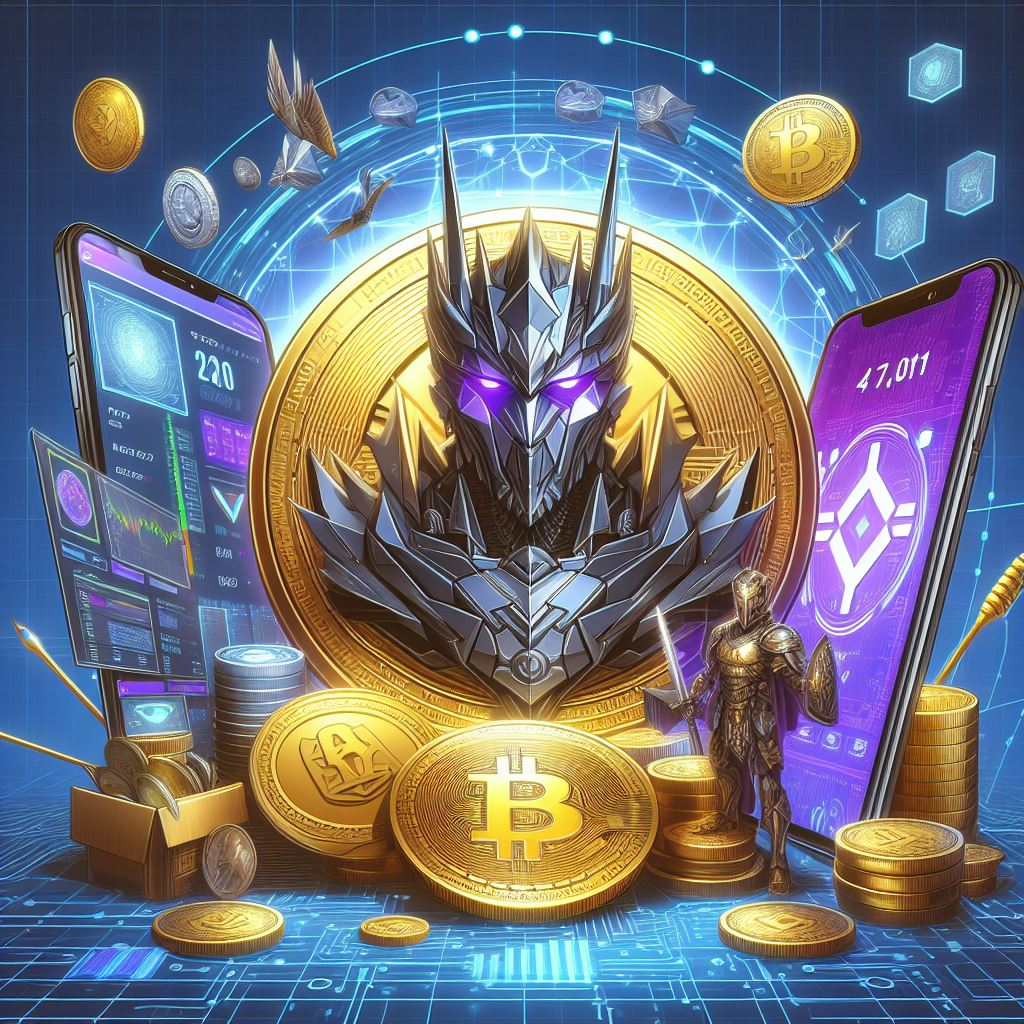Binance is a popular cryptocurrency exchange that provides a platform for buying, selling, and trading a wide range of digital currencies. It has gained significant popularity and has expanded its services to various regions, including Africa. Binance's presence in Africa has provided new opportunities for individuals interested in cryptocurrencies and blockchain technology.
Here's a deep explanation of Binance for newcomers in Africa:
1. What is Binance?
Binance is a cryptocurrency exchange founded in 2017 by Changpeng Zhao (CZ). It has become one of the largest and most reputable exchanges globally, offering a user-friendly platform for trading digital assets. Binance provides access to a vast selection of cryptocurrencies, including Bitcoin, Ethereum, Binance Coin (BNB), and many others.
2. Account Creation:
To start using Binance, you need to create an account. Visit the Binance website or download the Binance app on your mobile device. Click on the "Register" button and follow the instructions to create your account. You'll need to provide your email address, set a strong password, and agree to the terms of service.
3. Account Verification:
Binance requires user verification to comply with Know Your Customer (KYC) and Anti-Money Laundering (AML) regulations. Verification levels determine the withdrawal limits and access to certain features. To verify your account, provide the requested personal information and submit the required documents, such as a valid ID (passport or driver's license) and proof of address (utility bill or bank statement).
4. Deposits and Withdrawals:
Once your account is verified, you can deposit funds into your Binance account. Binance supports various deposit methods, including bank transfers, credit/debit cards, and cryptocurrencies. Choose the most convenient option and follow the instructions to complete your deposit. Similarly, you can withdraw funds from your Binance account to your bank account or external wallets.
5. Trading:
Binance offers a user-friendly trading interface for buying and selling cryptocurrencies. The platform provides different trading pairs, which represent the cryptocurrencies you can trade against each other. For example, Bitcoin (BTC) and Ethereum (ETH) form a trading pair called BTC/ETH. You can place market orders (buy/sell at the current market price) or limit orders (set your desired price for buying or selling).
6. Spot Trading and Futures Trading:
Binance provides two primary types of trading: spot trading and futures trading. Spot trading involves buying or selling cryptocurrencies for immediate settlement. Futures trading allows users to trade cryptocurrency contracts with leverage, enabling the potential for higher profits but also higher risks. It's important to understand the risks associated with futures trading before participating.
7. Binance Coin (BNB):
Binance has its native cryptocurrency called Binance Coin (BNB). BNB has multiple use cases within the Binance ecosystem, including discounted trading fees, participating in token sales, and more. BNB has also gained significant value over time, making it an attractive investment option.
8. Binance Academy and Support:
Binance provides educational resources through its Binance Academy, which offers guides, articles, and tutorials on various cryptocurrency-related topics. If you have any questions or need assistance, Binance offers customer support through its website and app. You can reach out to their support team for help regarding your account, transactions, or any other queries.
9. Security:
Binance prioritizes the security of user funds and employs various measures to protect accounts and assets. These include two-factor authentication (2FA), anti-phishing codes, withdrawal whitelist, and SAFU (Secure Asset Fund for Users), which provides an additional layer of protection in case of unforeseen events.
10. Binance Launchpad and Innovation:
Binance Launchpad is a platform within B









